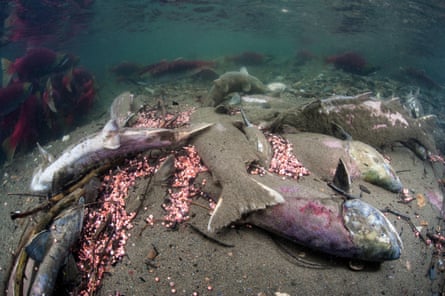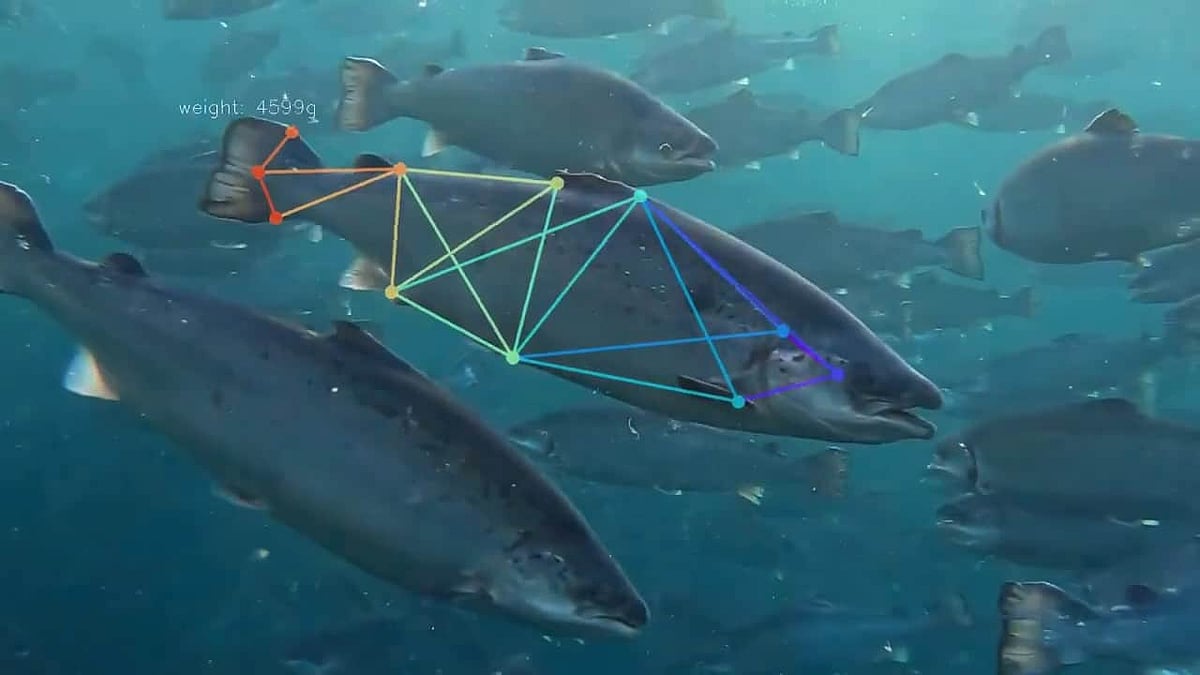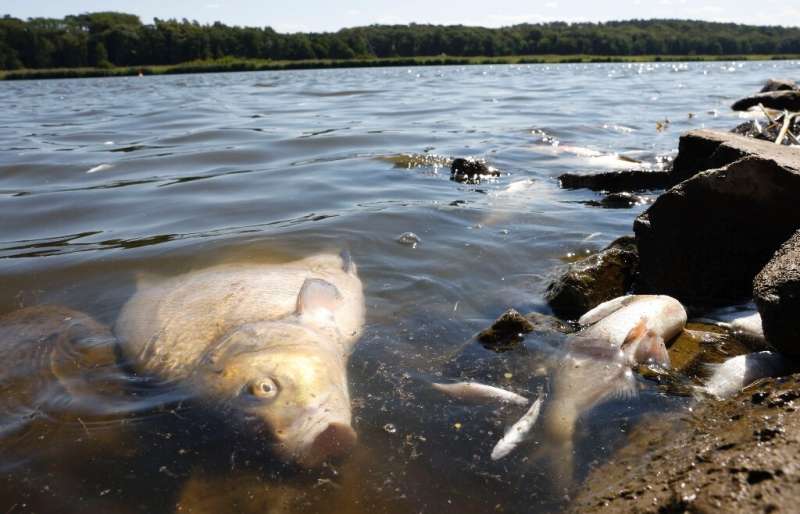Poaching fears as Fraser River salmon are dumped to rot, whilst returns stoop

Hsu and others are calling for stronger enforcement by the federal Fisheries Division and making an attempt to boost public consciousness amongst shoppers concerning the subject affecting a species already dealing with threats to survival. The division, in the meantime, says it already has a powerful enforcement program in place and desires patrons to do their half to cease black-market gross sales.
Early season forecasts from the Pacific Salmon Fee had predicted 9.8 million fish would return to the Fraser this yr however that determine was decreased to five.5 million final month, drawing concern from environmental teams and fishers alike.
Solely a restricted business fishery was opened for the Fraser River species, whereas sockeye returned to different B.C. rivers in droves.
The Fraser run is nearing its finish for the season, nonetheless advocates stated the difficulty is one that also wants consideration because it’s a perennial downside.
Jesse Zeman, govt director of the B.C. Wildlife Federation, stated there are two foremost clues that the fish are being offered illegally. The primary is the variety of commercials that popped up on social media and on-line classifieds web sites for contemporary sockeye that occur to be on the market close to the Fraser River.
Second, he stated solely black-market sellers would wish to dump fish as a result of regulated distributors have applicable storage and cooling services.
“What you see within the black market is the people who find themselves doing this should not have the infrastructure to maintain the fish correctly,” Zeman stated.
Randy Nelson, who labored for the Fisheries Division for 35 years, stated he’d wish to see the return of a particular investigations unit that was disbanded across the time of his retirement as director of conservation and safety for B.C. and Yukon in 2012.
The unit shaped in 1985 and was very efficient, he stated, significantly as a result of it performed plain-clothes and covert investigations.
Over his time with the division, Nelson stated he noticed cycles of public demand for extra enforcement end in elevated sources that will step by step shrink once more by way of price range cuts.
Nelson stated he want to see extra sustained funding for the Fisheries Division’s enforcement items. Moreover, he stated giving the Canadian Coast Guard enforcement powers may add capability, whereas he emphasised the significance of documenting poaching over time.
“Enforcement is significant in any sort of legislation enforcement. The analogy I used is that if there’s a pace restrict on a freeway, and no one ever sees a police automotive, likelihood is extra folks will pace. However the minute someone sees a police automotive, they instantly faucet the brakes, even when they’re not rushing, that’s simply human reflex,” Nelson stated.
Nonetheless, the Fisheries Division stated it already has an “pretty aggressive” enforcement program in place.
On a typical day, dozens of enforcement officers are patrolling and new investigations are launched every day, stated Mike Fraser, space chief for the Decrease Fraser conservation and safety items of the Fisheries Division.
Patrols happen by evening, involving plain-clothes officers and by helicopter, he stated. Members of the particular investigations unit that was disbanded have been folded again into normal responsibility however retain a lot of their expertise, he added.
A workforce additionally works with social media firms to take away advertisements that seem like unlawful, he added.
“It’s a reasonably intensive program,” he stated.
There are a selection of ongoing investigations, nonetheless he famous some take months to finish. Penalties can embrace fines as much as $100,000 and jail time, whereas patrons might also be ticketed, he stated.
Fraser acknowledged that regardless of the division’s efforts, unlawful sockeye gross sales and poaching continues to be an issue. That’s the place shoppers are available, he stated.
“We’re asking the general public to chorus from buying any of those fish which might be too good to be true. When you will have fish which might be priced far decrease than you’ll discover within the grocery retailer or business outlet, it’s doubtless that fish is coming from an unlawful fishery or being offered illegally,” he stated.
Well being regulation doesn’t happen with unlawful gross sales, which additionally means shoppers might be consuming fish which will make them sick, he added.
“I feel educating the general public is a giant a part of this. As we see our salmon shares struggling and people develop into extra conscious of the impacts of the actions of not solely unlawful gross sales or unlawful fishing but in addition buying the fish, I feel that’s going to be a giant deterrent,” he stated.
This report by The Canadian Press was first revealed Sept. 22, 2022.
Amy Sensible, The Canadian Press




